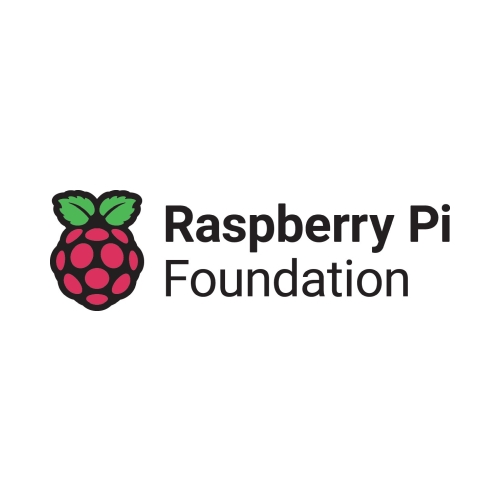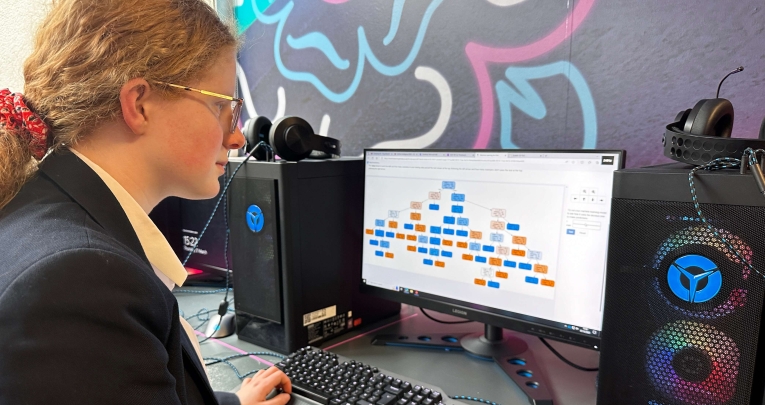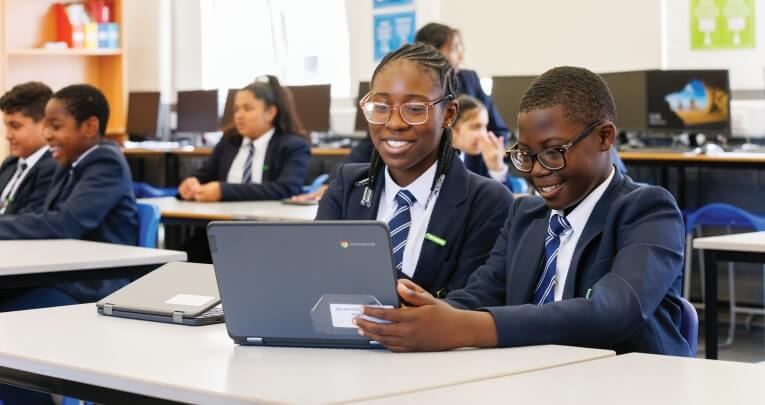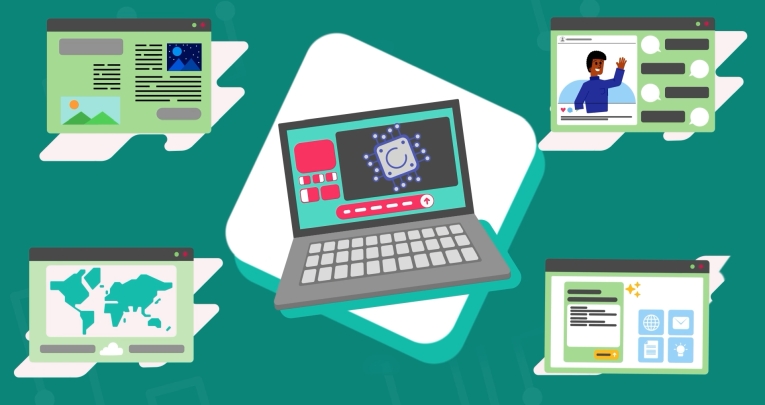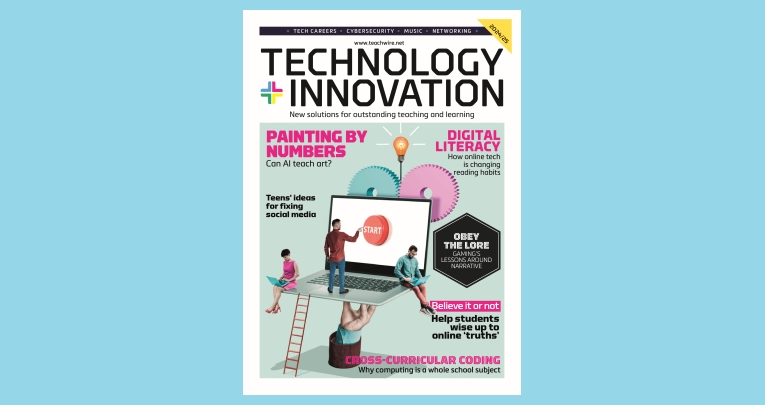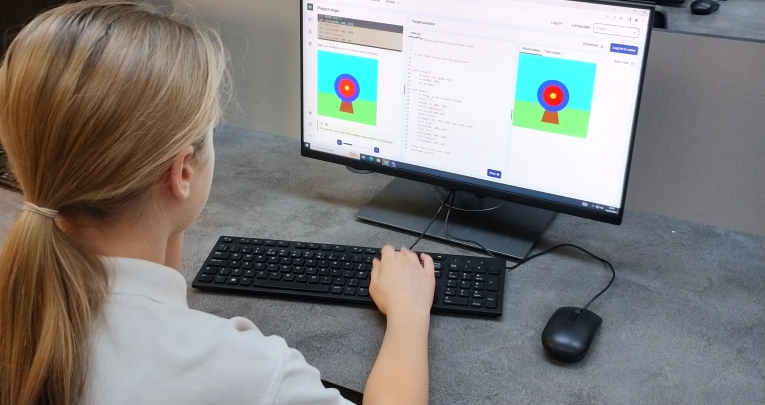Ben Garside of the Raspberry Pi Foundation explains how its latest resources will help teachers and students develop greater awareness and understanding of how AI will come to shape the course of our lives…
 30 Second Briefing
30 Second BriefingExperience AI provides teaching resources on artificial intelligence and machine learning for students aged 11 to 14. This cutting-edge, research-informed programme from AI experts at Google DeepMind and the Raspberry Pi Foundation can help you bring AI into your classroom.
What is Experience AI?
Experience AI is a free educational programme designed by the Raspberry Pi Foundation and Google DeepMind to equip students aged 11 to 14 with the knowledge and skills they need in artificial intelligence (AI) and machine learning (ML).
It provides a comprehensive range of resources – including adaptable lesson plans, slide decks, worksheets and student-facing videos – designed to help teachers seamlessly integrate AI and ML into their curriculum and provide stimulating learning experiences.
Why is it important to teach students AI literacy?
AI literacy isn’t just about technical skills; it’s about empowering the next generation to navigate a world increasingly shaped by AI. A greater understanding of how AI systems work will enable young people to make more informed decisions about how they use and devise new AI applications, and around the role that AI will play in their futures.
They will also be better able to navigate the world with improved critical thinking skills, coupled with an awareness of how they might use AI to creatively solve problems they care about.

Ben Garside is senior learning manager at the Raspberry Pi Foundation
What makes Experience AI unique?
The resources are informed by our research work, and developed in collaboration with Google DeepMind’s industry experts in AI technologies.
We have placed deliberate emphasis on addressing diversity and under-representation (an issue particularly relevant in the field of AI), as a way to mitigate the risk these tools have to increase biases and inequities in society.
I don’t know much about AI – how can I teach it?
We understand that AI might seem complex, and there’s a common misconception that only experts can grasp the concepts behind it. But the truth is, you don’t need a specialised degree to understand the fundamentals of AI, or how it can influence you.
That’s why we’ve designed resources for all educators, regardless of subject area or technical background. Our materials make AI accessible and relevant to your classroom and curriculum.
Are there any exciting developments on the horizon?
In October, we will launch our new set of resources on AI safety, responsibility, and privacy. The free resources will be suitable for anyone — teachers, club leaders, or parents — who sees the importance of helping young people stay safe when using AI-powered tools.
- > All the free resources you need to confidently teach AI and ML in your classroom.
- > Designed for all educators and students; no computer science or technical background needed!
- > Our free resources include materials perfect for biology and PSHE lessons, as well as computing lessons.




